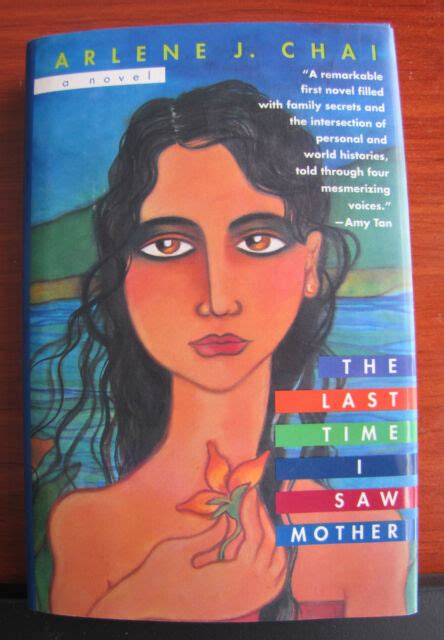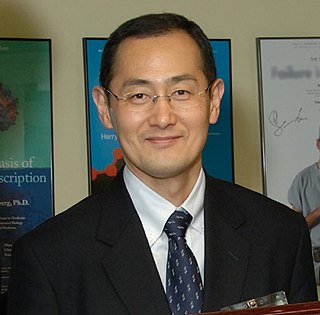A Quote by John Sulston
It is very clear that the present system of innovation for medicines is very inefficient and really somewhat corrupt. It benefits shareholders over patients; it produces for the rich markets and not for the poor and does not produce for minority diseases.
Related Quotes
You can think of the Health Impact Fund as a mechanism that would keep the benefits and burdens of pharmaceutical innovation for the affluent roughly as they are while massively reducing the burdens presently imposed upon the poor. This sounds like magic. But it really works because the current system is not Pareto efficient. It's a system that generates hundreds of billions of dollars in litigation costs and deadweight losses that HIF-registered medicines would sidestep. By avoiding these losses, the HIF reform can bring improvements all around - including for pharmaceutical innovators.
For the present system to work, poor people must be excluded from the innovation, because if they could get access at an affordable price, then affluent people would find ways to buy it cheaply as well - and then the innovator would be poorly rewarded and introductions of new medicines would decline.
The modern welfare state, highly touted as soaking the rich to subsidize the poor, does no such thing. In fact, soaking the rich would have disastrous effects, not just for the rich but for the poor and middle classes themselves. For it is the rich who provide a proportionately greater amount of saving, investment capital, entrepreneurial foresight, and financing of technological innovation that has brought the Unites States to by far the highest standard of living - for the mass of the people - of any country in history.




































